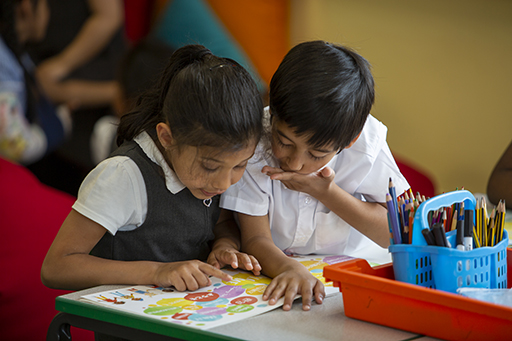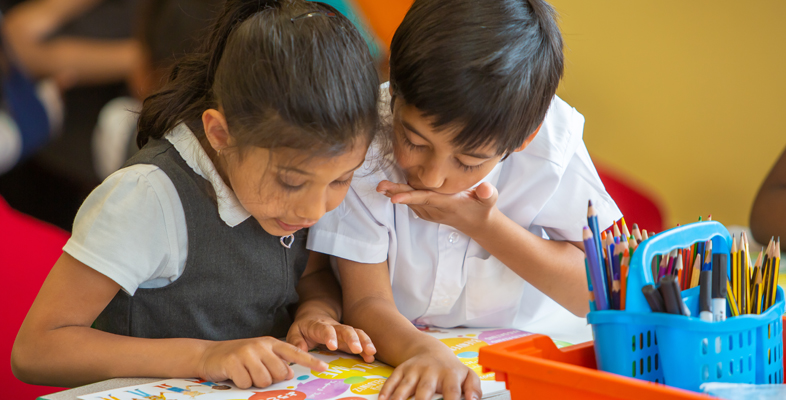6 Informal book talk and recommendations
Both adult and child readers often discuss what they have read by sharing their thoughts and asking for the views of others. This might be by responding to a frustrating newspaper report, a character’s unusual behaviour, a moving letter or a delightful Facebook entry. Interaction is not required, it is not tested nor assessed, but it is reader-initiated, is often reciprocal and is one of the markers of an engaged reader. Research suggests that children who are engaged readers are:
motivated to read, strategic in their approaches to reading, knowledgeable in their construction of meaning from text, and socially interactive while reading.

Informal discussions between children and adults about what they are reading enable common interests to be identified and connections and views to be shared in safe non-assessed contexts. Such talk helps readers make sense of what they are reading, cements friendships, triggers new reader relationships with peers and teachers, and contributes to the creation of interactive communities of readers (Cremin et al., 2014; Moses and Kelly, 2018; Merga, McRae and Rutherford, 2018).
Informal book talk regularly emerges in the context of reading aloud and reading time as part of RfP pedagogy that is LIST, but assigning time to other book talk opportunities, at least initially, is necessary to support children’s personal capacity to talk about texts reader to reader. Children often need support to participate fully in such significant book blether and may take time to accept that others are interested in their views and that they will be respectfully heard. Teachers will also be sharing their responses and listening carefully since such conversations offer useful insights into children’s lives, which will enable more effective tailored text recommendations to be made.

Box _unit6.6.1 Optional resource
To help you consider your practice around informal book talk and recommendations, you might want to complete this self-review [Tip: hold Ctrl and click a link to open it in a new tab. (Hide tip)] .
